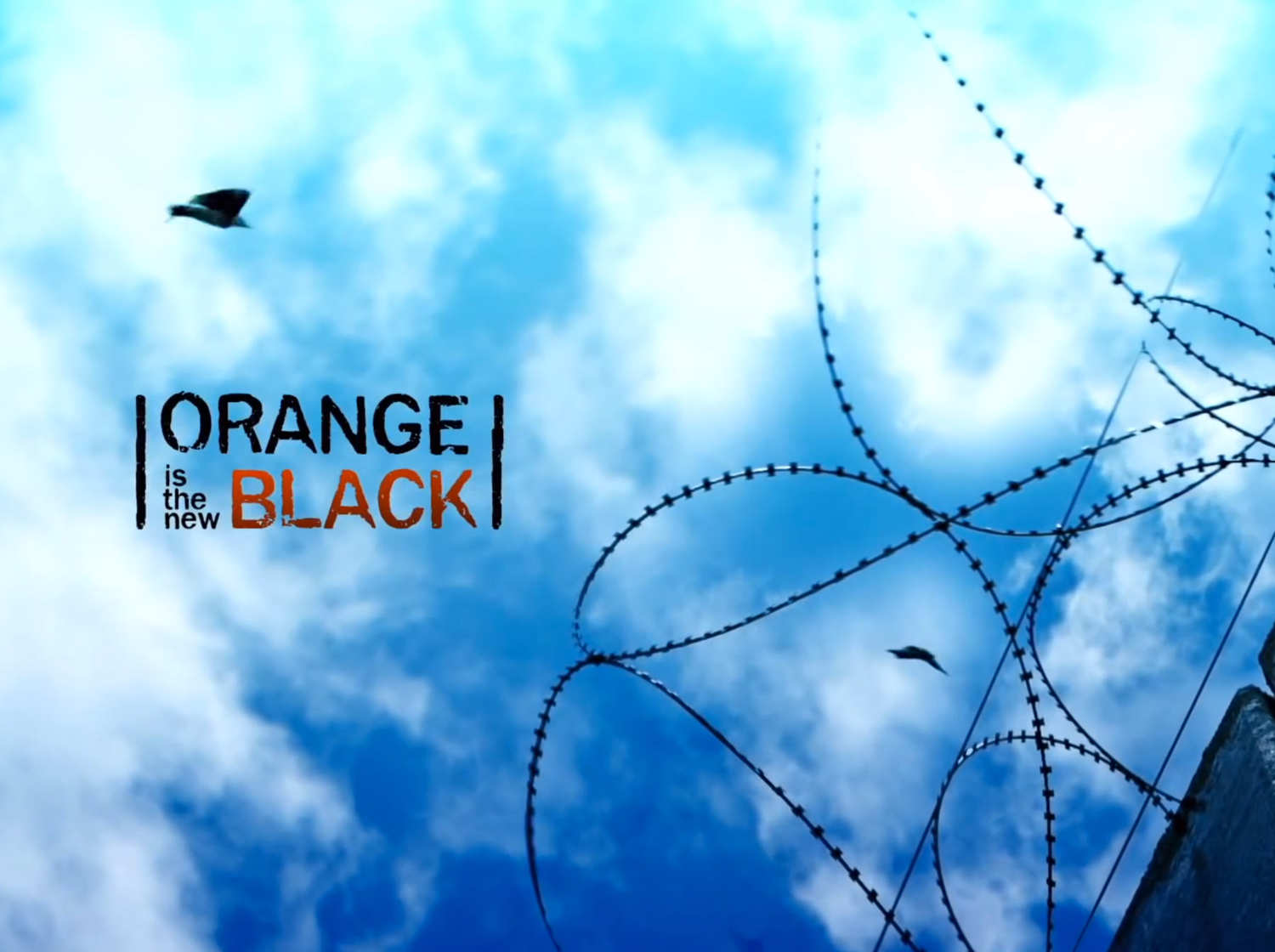The new season of Orange is the New Black just hit Netflix this month, which in itself is pretty exciting. Along with showing life in a women’s prison, the show also tackles systems of oppression. For folks who are unfamiliar with systems of oppression, basically it describes the power dynamics within our society that favor some groups over others. Of course a show about prison provides a microcosm for observing social issues surrounding intersectionality and oppression, and sets the show apart in terms of showing the issues of society on a micro-level. Everything, from the larger story line themes to the dialogue, dives into systemic problems in today’s society. Many of the characters have an understanding of systemic oppression, and contribute a commentary on the problems. I know, it’s groundbreaking that the very people who frequently are punished by the system have a better understanding of that very system. Throughout the show comments are made about how problematic the patriarchy is without necessarily making deconstructing the patriarchy the end goal for the characters. In this new season, the intersection of societal problems become clearly defined within the confines of Litchfield.
Season five primarily takes place during a three day riot (basically everything hits the fan in the previous season). A really nice part of the show only being about the riot makes space for diving into systems of oppression. The demands of the inmates speak to the current state of our prison system. Obviously, the system is broken. While many people concern themselves with the cost of keeping people in prison, maybe they should also consider the rehabilitation piece to return people to society as contributing members. Litchfield inmates focused more on the latter piece of education and training to prepare inmates to return to life outside of prison. Although many other items were discussed, the takeaway viewers should consider is the education and rehabilitation for inmates.
Before you start telling me how taxpayer money should not go towards educating incarcerated people, remember your tax money already goes towards keeping them in prison. I know, it’s a mind-boggling concept to want to educate the masses not just the privileged. Yes, it’s a privilege to get a quality education, which OITNB may not explicitly say, but compare Piper to many of the women of color and the poorer white women, and you’ll understand. Not only does our legal system fail people of color and people of low socioeconomic status, but also our education system is failing those same under represented groups. Access is a big part of that, but no social problem arises without multiple factors. Enter systems of oppression. OITNB manages to break down some of the contributing factors of systemic oppression (hint: mainly it’s the patriarchy).
By examining gender, sexuality, race, ethnicity, and socioeconomic status, the show addresses intersectionality and how the system screws many people over outside whatever crime they committed. The writers play the pathos card by showing the backstories and illustrating how things aren’t really that black and white. Are you about to feel bad for the characters for breaking the law? Probably not. You will tap into your empathy reserves and consider the fact that maybe people in prison don’t always just go there because they wanted to break the law. Circumstances and environment play a role to an extent. And sometimes people just want to cook up some meth or shoot up heroin.
Overall, season five of OITNB digs deeper than any of the other seasons when contributing to commentary on the current state of affairs in the country. Yes, Black Lives Matter was a high point of last season, but it wasn’t necessarily defining. Each season has shown the problems of racism, sexism, homophobia, and transphobia providing that reflection of current topics. The actual calling out of the problems as interconnected and showing the implications of systemic oppression really bring together each character’s narrative in season five.

